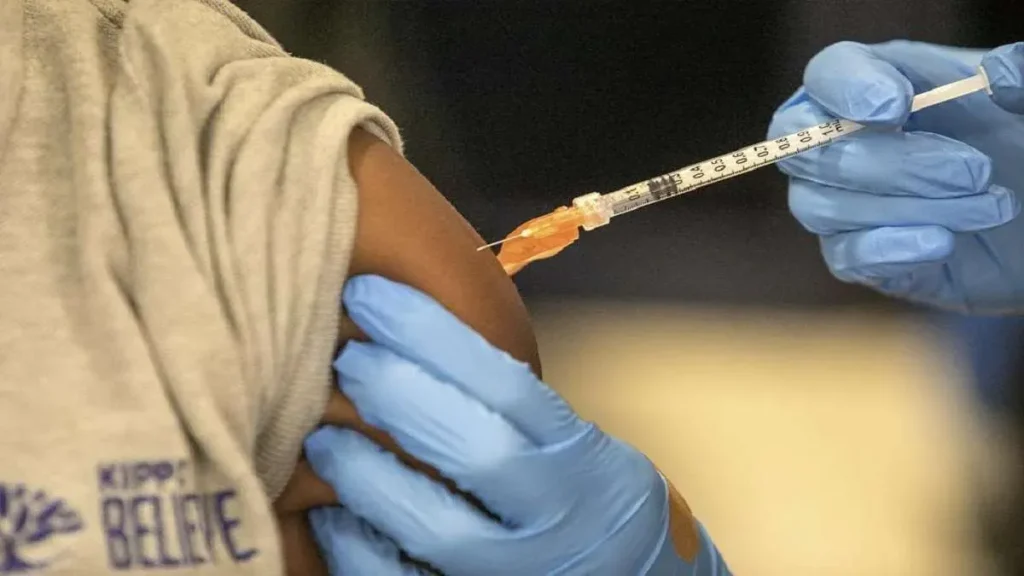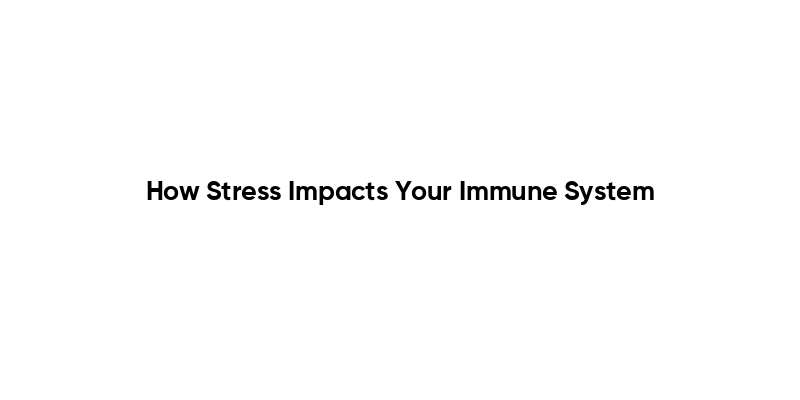Chikungunya vaccine safety is currently under the spotlight as UK vaccine authorities have decided to suspend the newly approved IXCHIQ vaccine for individuals over 65. This decision follows alarming reports of two fatalities and 21 severe reactions associated with its administration. The IXCHIQ vaccine is designed to protect against the potentially deadly Chikungunya virus, which, though not prevalent in the UK, poses a risk for British travelers visiting affected regions. With vaccine side effects leading to critical concerns among the elderly population, the suspension aims to prioritize public health and safety. As UK vaccine news continues to evolve, understanding the implications of Chikungunya vaccine suspension is crucial for informed decision-making.
The ongoing discussions regarding the safety of Chikungunya immunization highlight the importance of understanding vaccine safety measures and monitoring adverse events. In light of recent developments, authorities are taking a precautionary approach as they evaluate the IXCHIQ vaccine’s effectiveness and its potential side effects for older adults. Researchers and health officials are focused on assessing the likelihood of severe reactions to the Chikungunya vaccine, as well as ensuring that those at higher risk receive appropriate guidance. Meanwhile, the public is keenly awaiting updates that delve into vaccine efficacy against the Chikungunya virus and the ongoing assessments in the broader context of global epidemiological trends.
Understanding Chikungunya and Its Associated Risks
Chikungunya is a viral disease transmitted by mosquitoes, primarily affecting regions such as Africa, Southeast Asia, and parts of the Americas. The virus causes significant discomfort, presenting with symptoms like high fever and debilitating joint pain. While the immediate risks may seem higher in endemic areas, increasing global travel means that populations in places like the UK are not immune. Travelers to these regions may find themselves at risk of contracting the virus, making discussions of vaccine developments particularly pertinent.
The IXCHIQ vaccine has been developed as a preventative measure against the Chikungunya virus, aiming to curb the possibility of an outbreak in non-endemic countries, including the UK. However, the recent suspension of its administration for those over 65 underscores the importance of continuous monitoring of vaccine efficacy and safety. As the virus spreads and poses potential threats to international travelers, understanding these risks is crucial for public health.
Frequently Asked Questions
What is the IXCHIQ vaccine safety status for individuals over 65 years old?
The IXCHIQ vaccine safety has raised concerns following a suspension by UK vaccine authorities for individuals over 65 due to reports of two deaths and 21 severe reactions among older adults globally. British regulators have stated there are no immediate safety issues since the vaccine is not widely distributed in the UK.
Are there any reported vaccine side effects related to the Chikungunya vaccine?
Yes, there have been reports of vaccine side effects associated with the Chikungunya vaccine, particularly among older adults. Notably, there have been 23 serious adverse effects reported worldwide, including two fatalities linked to the IXCHIQ vaccine during its rollout in La Réunion.
What should I know about Chikungunya vaccine suspension and its implications for safety?
The Chikungunya vaccine suspension, specifically the IXCHIQ vaccine, indicates a precautionary measure taken due to safety concerns after serious adverse events were reported. The European Medicines Agency is reviewing these cases, suggesting a commitment to maintaining vaccine safety.
How does the Chikungunya virus affect individuals and why is vaccine safety a concern?
Chikungunya virus can cause severe symptoms, including sudden fever and intense joint pain, especially in vulnerable populations like the elderly. Vaccine safety is crucial to ensure that the potential benefits of vaccination outweigh the risks, particularly following reports of serious adverse effects associated with the IXCHIQ vaccine.
What is the current stance of UK health authorities on the IXCHIQ vaccine for younger adults?
UK health authorities maintain that recommendations for individuals aged 18 to 64 regarding the IXCHIQ vaccine remain unchanged, meaning its administration is still considered safe for this age group, despite the concerns raised for older adults.
Can the Chikungunya vaccine be administered to individuals with compromised immune systems?
No, the IXCHIQ vaccine is not approved for individuals with compromised immune systems. This limitation is part of the precautions taken to ensure overall vaccine safety and minimize risks associated with potential adverse effects.
Where is the IXCHIQ Chikungunya vaccine currently being administered safely?
The IXCHIQ Chikungunya vaccine is being administered in regions experiencing outbreaks, such as La Réunion, where recent cases of the Chikungunya virus have prompted vaccination efforts, despite reported severe reactions.
What steps are being taken to monitor Chikungunya vaccine safety amid the recent adverse events?
The European Medicines Agency, along with the UK’s Medicines and Healthcare products Regulatory Agency, is closely reviewing the safety of the IXCHIQ vaccine in light of recent adverse events to ensure continued public safety regarding Chikungunya vaccination.
| Aspect | Details |
|---|---|
| Vaccine Name | IXCHIQ |
| Target Population | Not approved for individuals over 65; continues for ages 18 to 64. |
| Reported Adverse Effects | 23 severe adverse effects reported globally, including 2 deaths. |
| Geographic Relevance | Primarily in subtropical regions; cases reported in Europe. |
| Regulatory Review | European Medicines Agency reviewing vaccine following adverse reports. |
| Vaccine Safety Assurance | UK authorities indicate no immediate safety concerns given limited distribution. |
| Common Symptoms of Chikungunya | Fever, severe joint pain, headaches, muscle pain, rashes, etc. |
| Transmission | Spread through mosquito bites; not directly contagious between humans. |
| Recovery Duration | Most recover in a week, but some may have joint pain for longer. |
Summary
Chikungunya vaccine safety is of paramount importance following the suspension of the IXCHIQ vaccine for those aged 65 and older. Reports of severe adverse effects, including two fatalities, have raised concerns about its safety profile. UK vaccine authorities assure the public that with limited distribution of the vaccine, there are no immediate health risks. As ongoing reviews continue by health organizations, it remains crucial for individuals to stay informed about the vaccine’s safety, especially for vulnerable populations as Chikungunya remains a significant health threat in affected regions.



